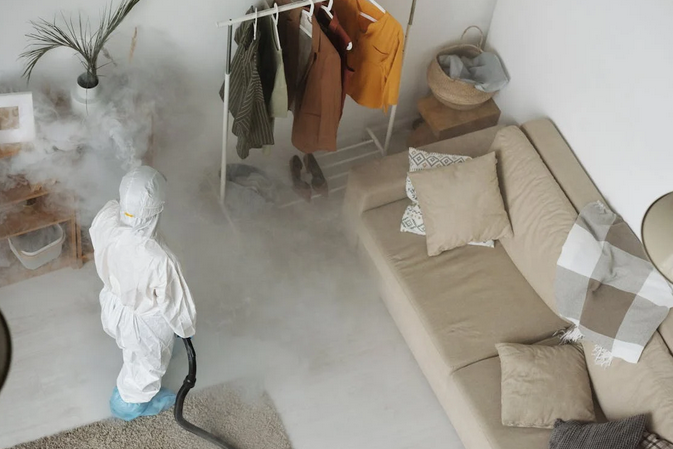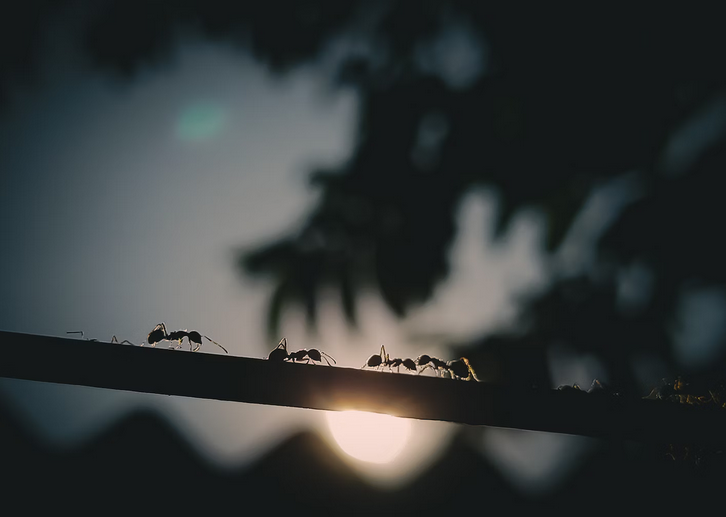
Dealing with pests can be a homeowner’s nightmare. Whether it’s ants invading your kitchen, mice scurrying in the walls, or pesky spiders taking over your corners, pests can make your home feel less inviting and even threaten your health. Fortunately, preventing pests doesn’t have to involve expensive extermination services or toxic chemicals. With a bit of proactive DIY home maintenance, you can keep unwanted guests at bay. Here are some effective tips to help you prevent pests in your home.
Keep Your Home Clean and Clutter-Free
One of the most effective ways to prevent pests is to maintain a clean environment. Pests are often attracted to food crumbs, spills, and clutter. Here’s how to keep your home spotless:
- Sweep and Vacuum: Regularly sweep and vacuum floors, especially in the kitchen and dining areas, to eliminate food particles that attract pests.
- Wipe Down Surfaces: Clean countertops, tables, and other surfaces with a mild detergent or natural cleaner. Pay special attention to areas where food is prepared or consumed.
- Declutter: Keep storage areas organized and free of clutter, as piles of newspapers, cardboard, or old clothes can provide hiding spots for pests.
Store Foods Properly

Store food in airtight containers to deter pests from accessing your pantry. Here are some additional tips:
- Refrigerate Leftovers: Ensure that any leftover food is properly stored in the refrigerator or freezer within two hours of cooking.
- Seal Trash Bins: Use bins with tight-fitting lids and empty them regularly to avoid attracting pests with odors.
Seal Entry Points
Pests often enter through small openings and cracks. Conduct a thorough inspection of your home to identify potential entry points:
- Check Windows and Doors: Ensure that all windows and doors close tightly. Consider installing weather stripping or door sweeps to seal any gaps.
- Inspect Vents and Utility Openings: Look for openings around pipes and vents. Use caulk or expandable foam to seal any gaps that could serve as entry points for pests.
- Repair Screens: If your windows have screens, make sure they are in good condition. Repair or replace any holes or tears to keep insects out.
Manage Outdoor Spaces
Your outdoor space can also play a crucial role in pest prevention. Here are some landscaping tips to consider:
- Trim Overgrown Plants: Keep shrubs, trees, and plants well-trimmed and away from your home’s exterior. Overgrown vegetation can provide shelter for pests.
- Maintain Your Lawn: Regularly mow your lawn and remove debris like leaves or wood piles, which can harbor pests.
- Use Natural Deterrents: Planting herbs such as mint, basil, or lavender can deter pests. Additionally, consider using organic pest deterrents like diatomaceous earth around your garden.
Manage Waste Properly
Make sure to manage your outdoor waste properly:
- Secure Compost Bins: If you have a compost bin, ensure it is sealed to prevent attracting pests.
- Store Firewood Away from the House: Keep firewood stored at least 20 feet away from your home to avoid attracting termites and other wood-boring pests.
Monitor for Signs of Infestation
 Regular Inspections
Regular Inspections
Being proactive in monitoring your home can help you catch pest problems early. Here are some things to watch for:
- Check for Droppings: Look for signs of pest droppings in areas like cupboards, under sinks, and around baseboards.
- Look for Damage: Inspect furniture, walls, and wiring for signs of chewing or gnawing, which can indicate pests like rodents.
- Use Traps: Setting up non-toxic traps in high-traffic areas can help you monitor for pests without using chemicals.
Natural Repellents
If you do encounter pests, consider using natural repellents instead of chemical sprays. Here are a few DIY solutions:
- Vinegar Solution: A mixture of equal parts vinegar and water can deter ants and spiders. Spray it around entry points and areas where you’ve seen pests.
- Essential Oils: Essential oils such as peppermint, tea tree, or eucalyptus can repel insects. Mix a few drops with water in a spray bottle and apply it to affected areas.
- Boric Acid: For pests like cockroaches, sprinkle boric acid in areas where you’ve seen them. This natural insecticide can be effective without harsh chemicals.
Preventing pests in your home doesn’t have to be complicated or expensive. By following these DIY home maintenance tips, you can create an environment that is less inviting to unwanted guests. Keeping your home clean, sealing entry points, managing outdoor spaces, and using natural repellents are all effective strategies for pest prevention. Stay vigilant, and you’ll enjoy a pest-free home for years to come.

 Regular Inspections
Regular Inspections

